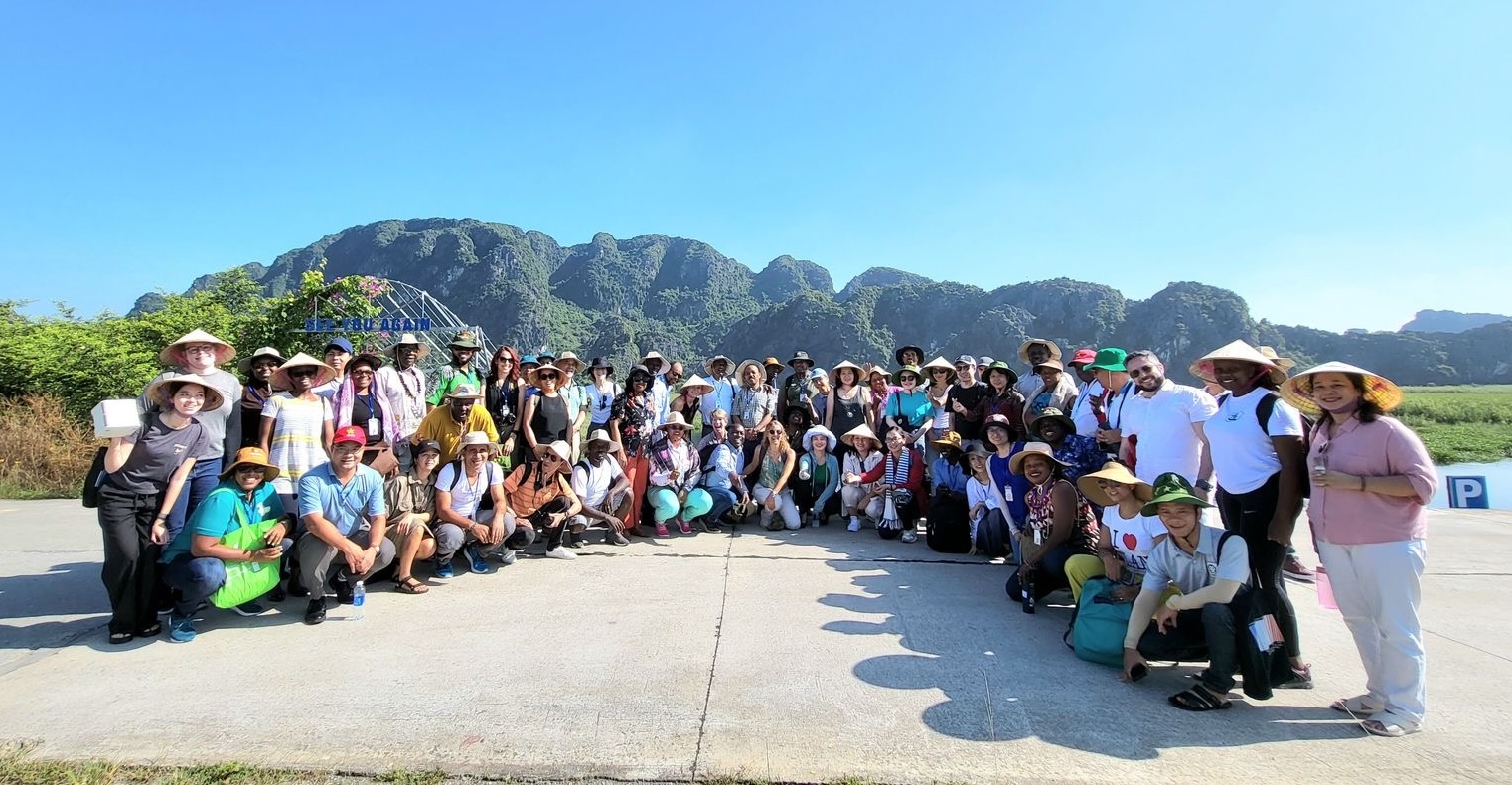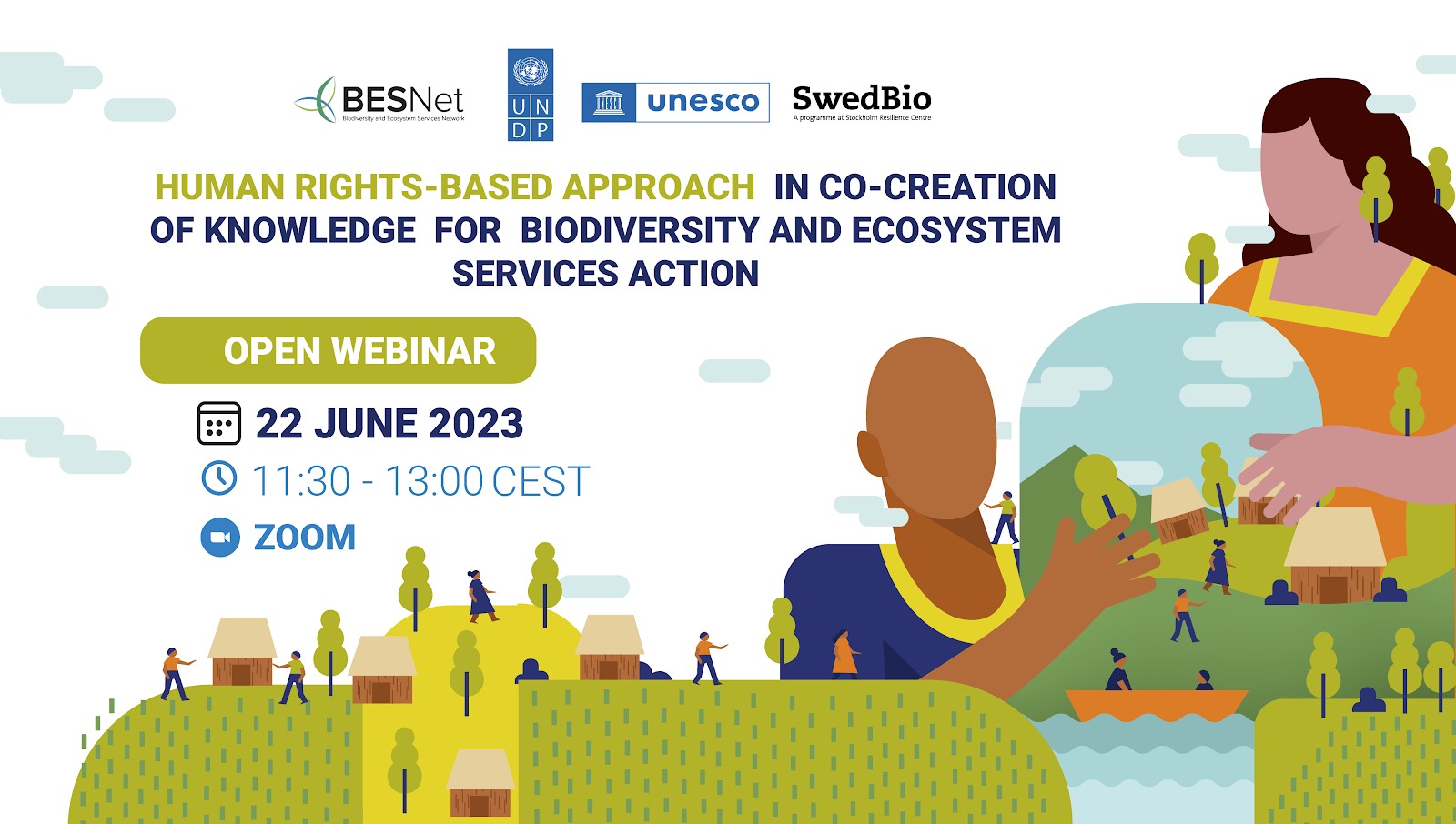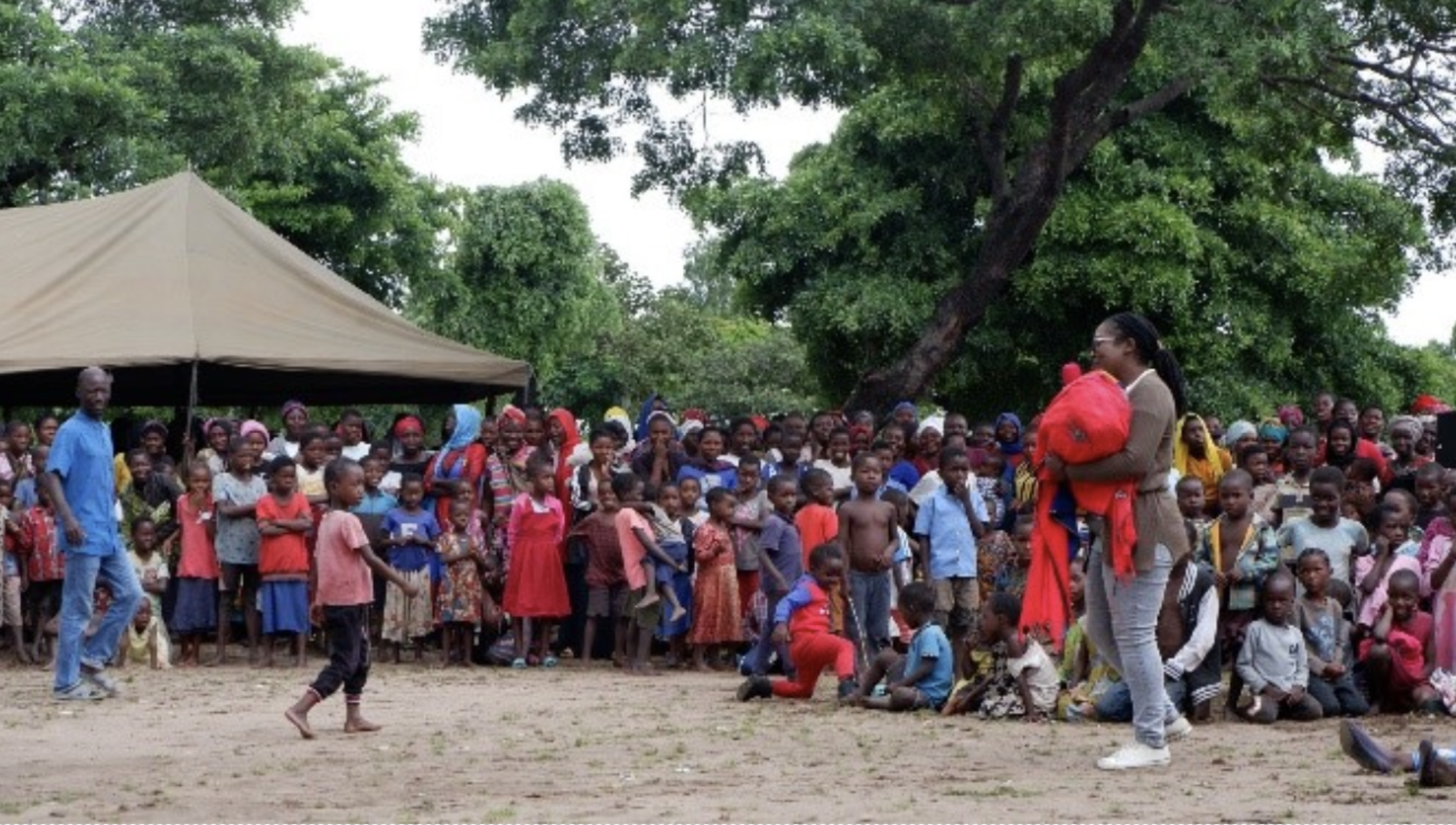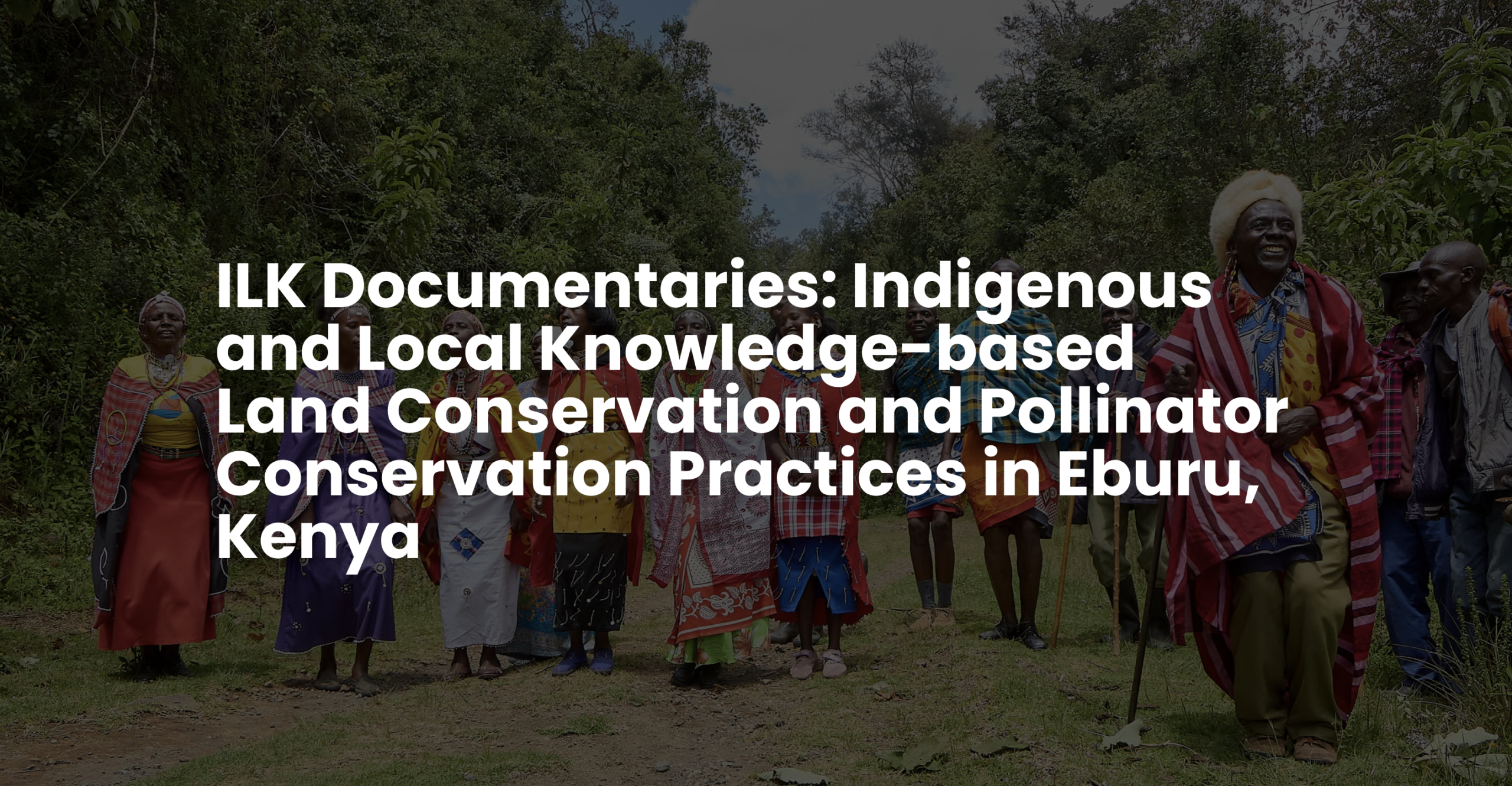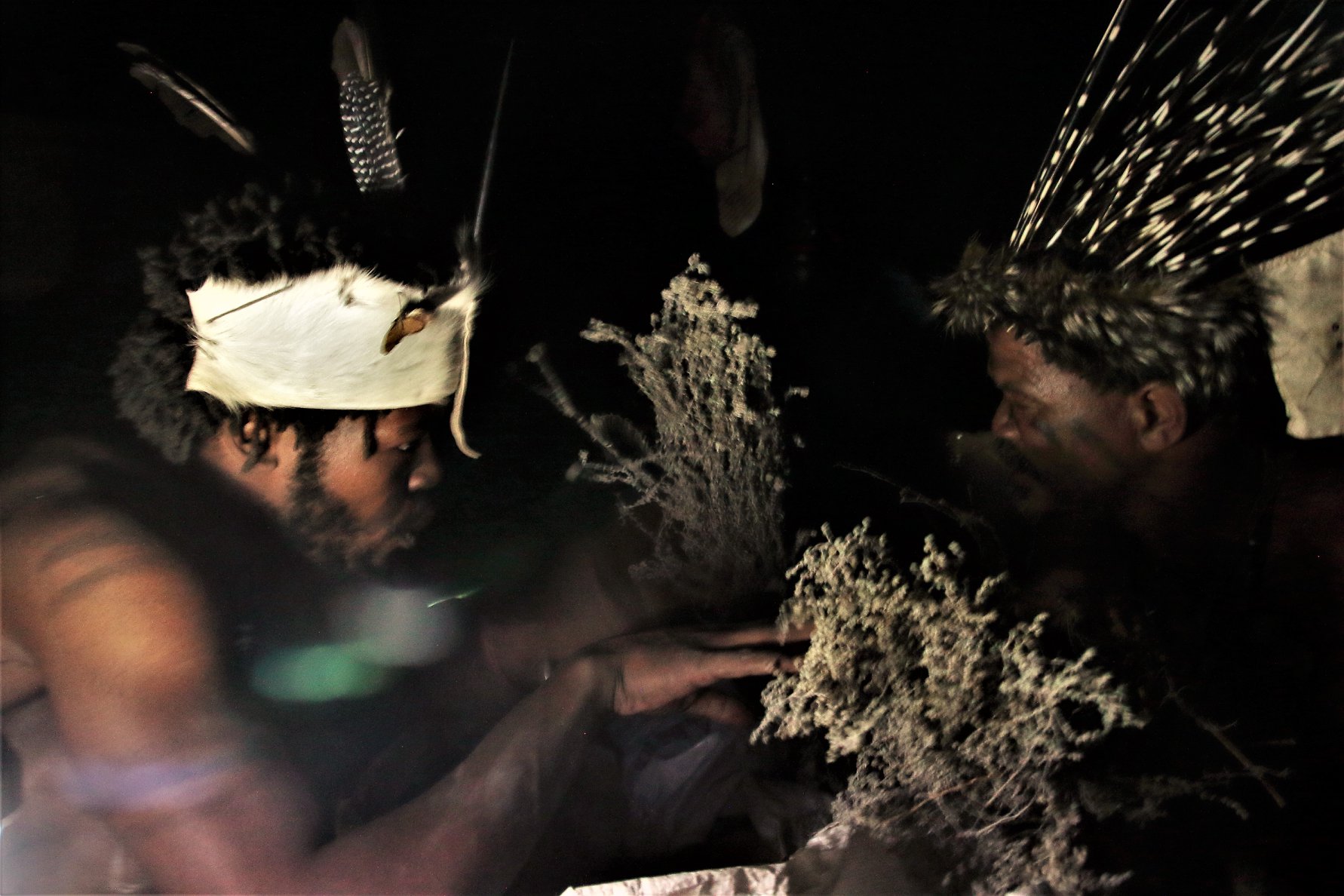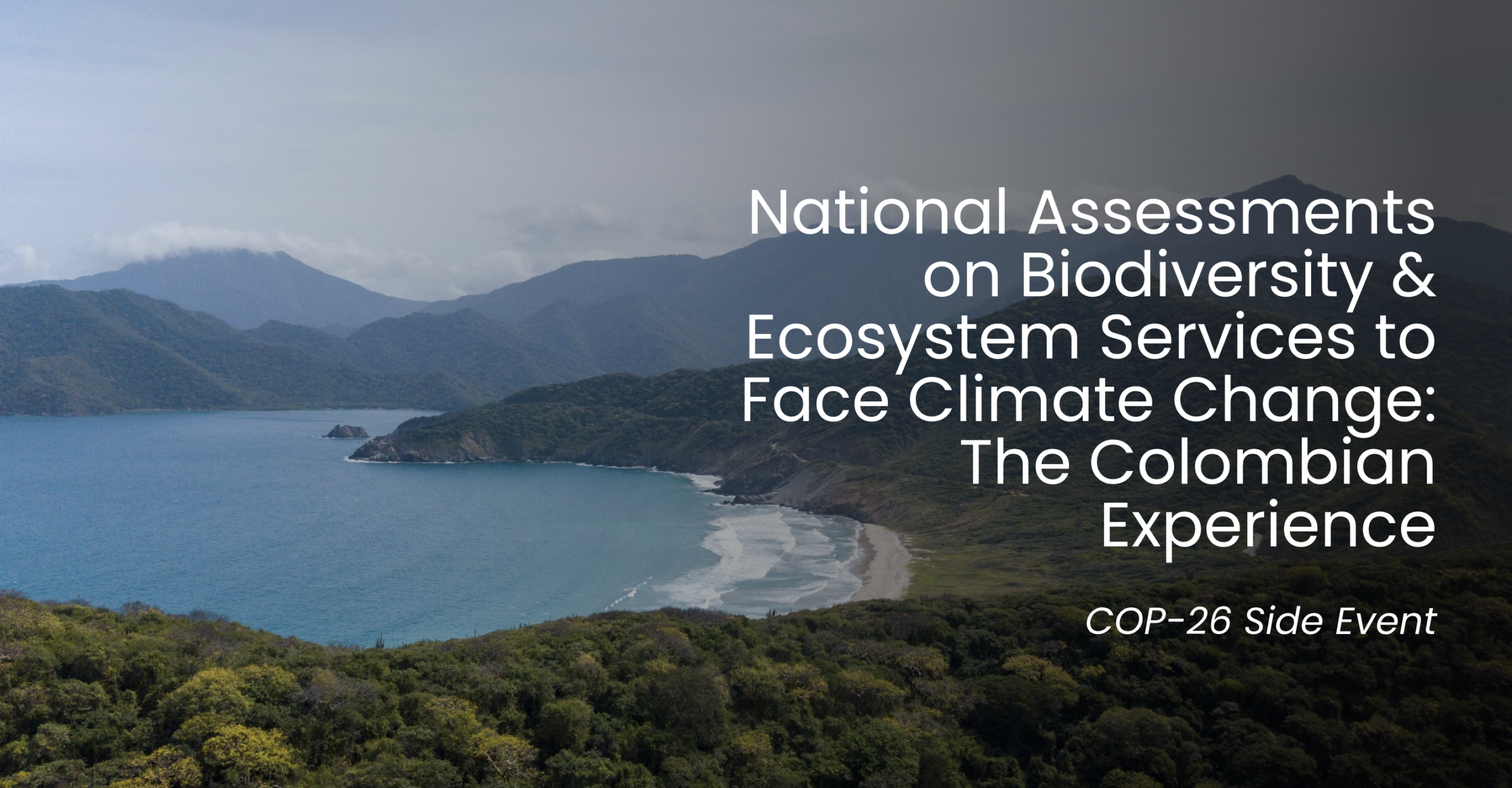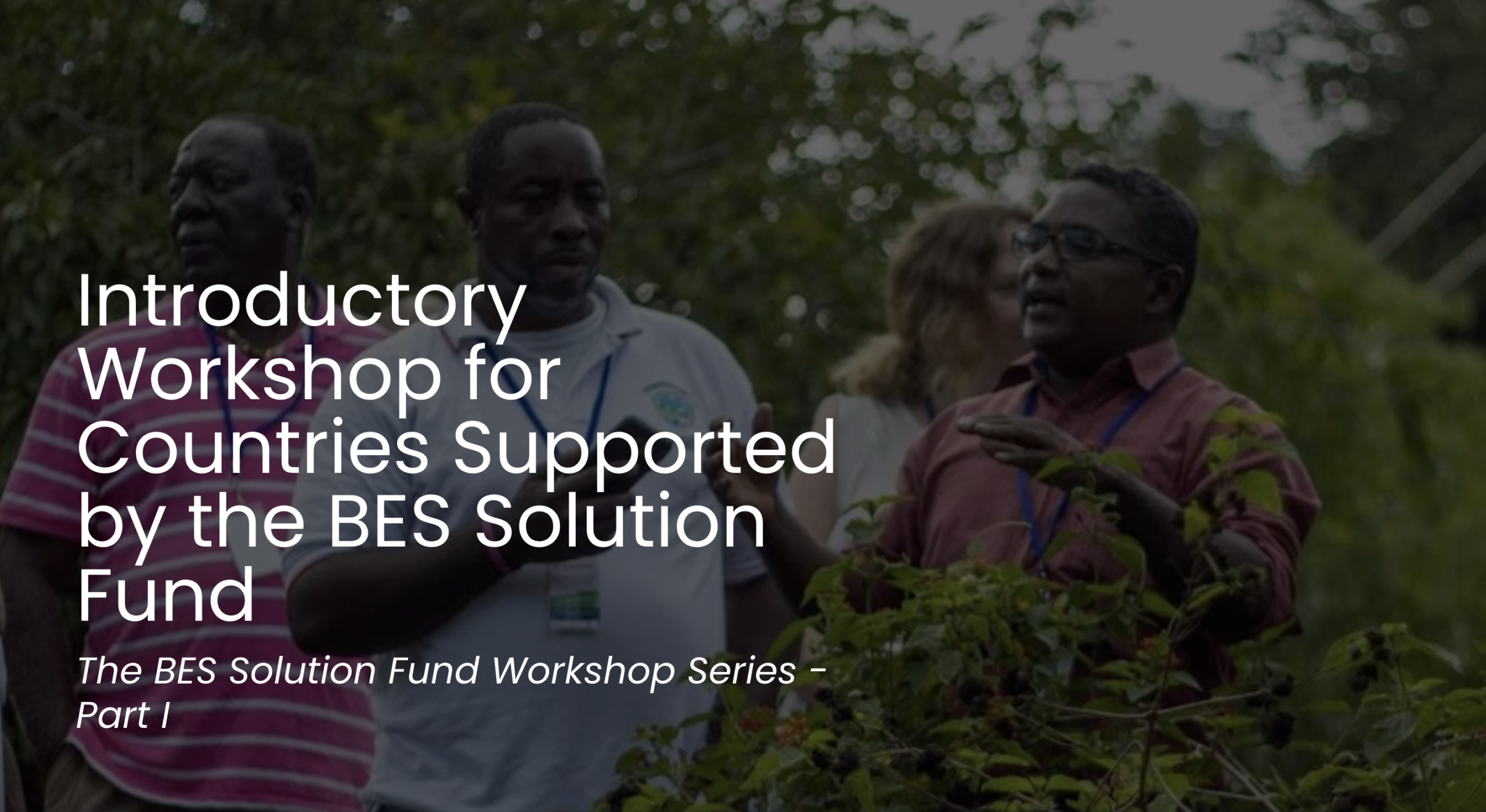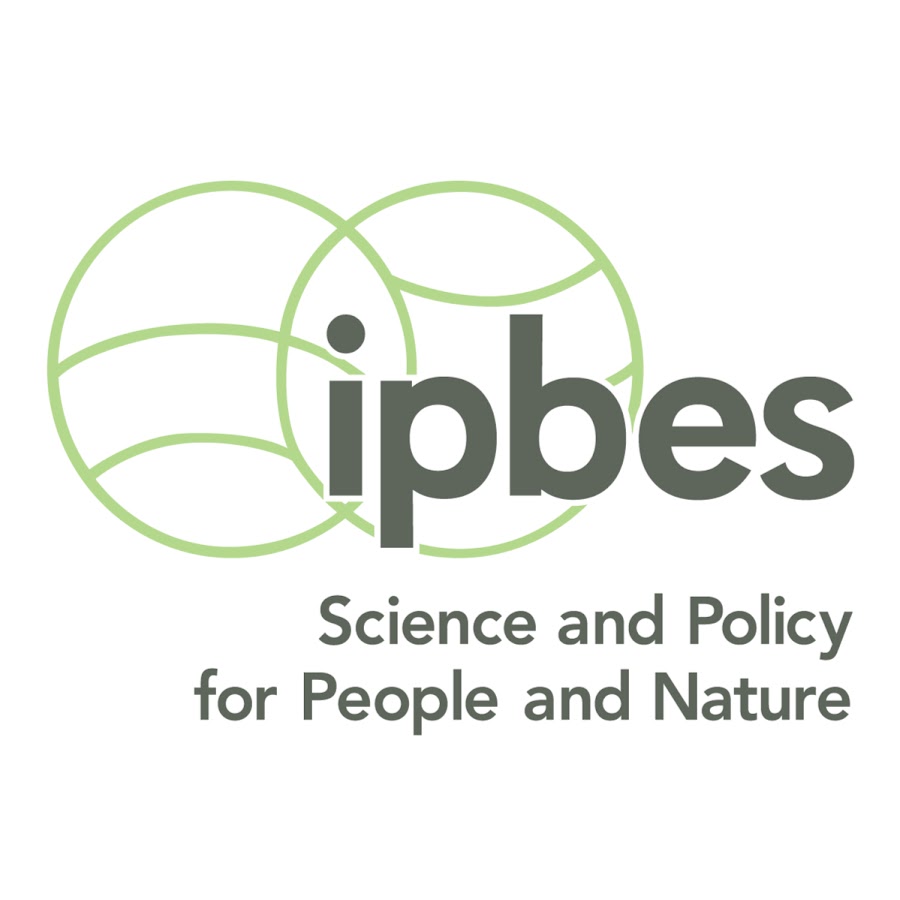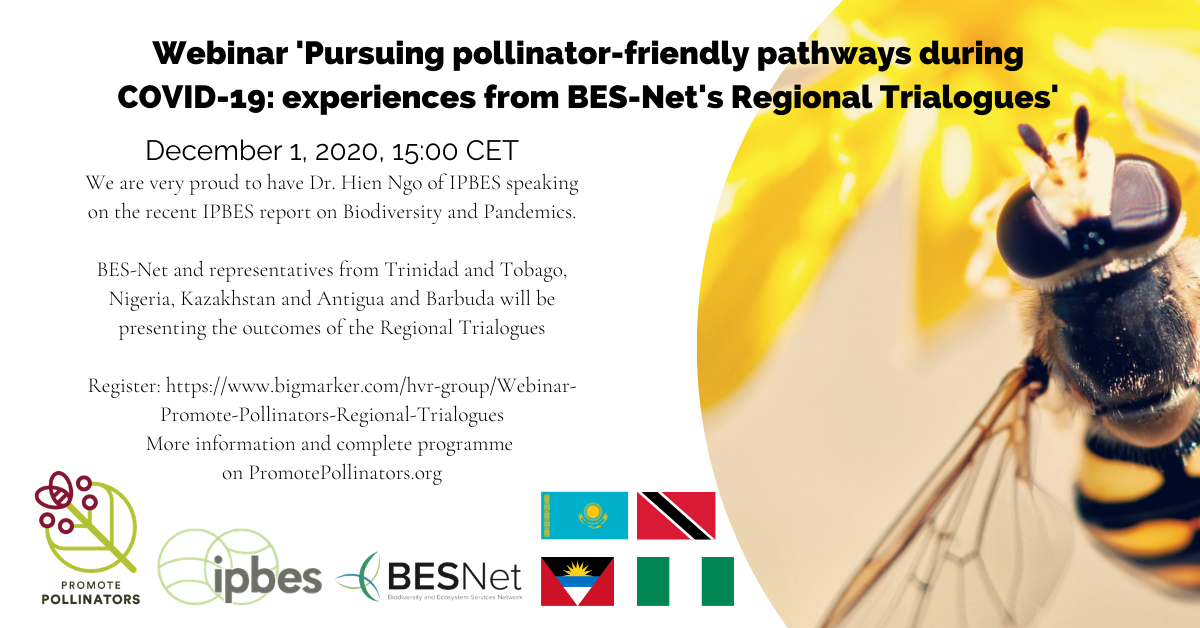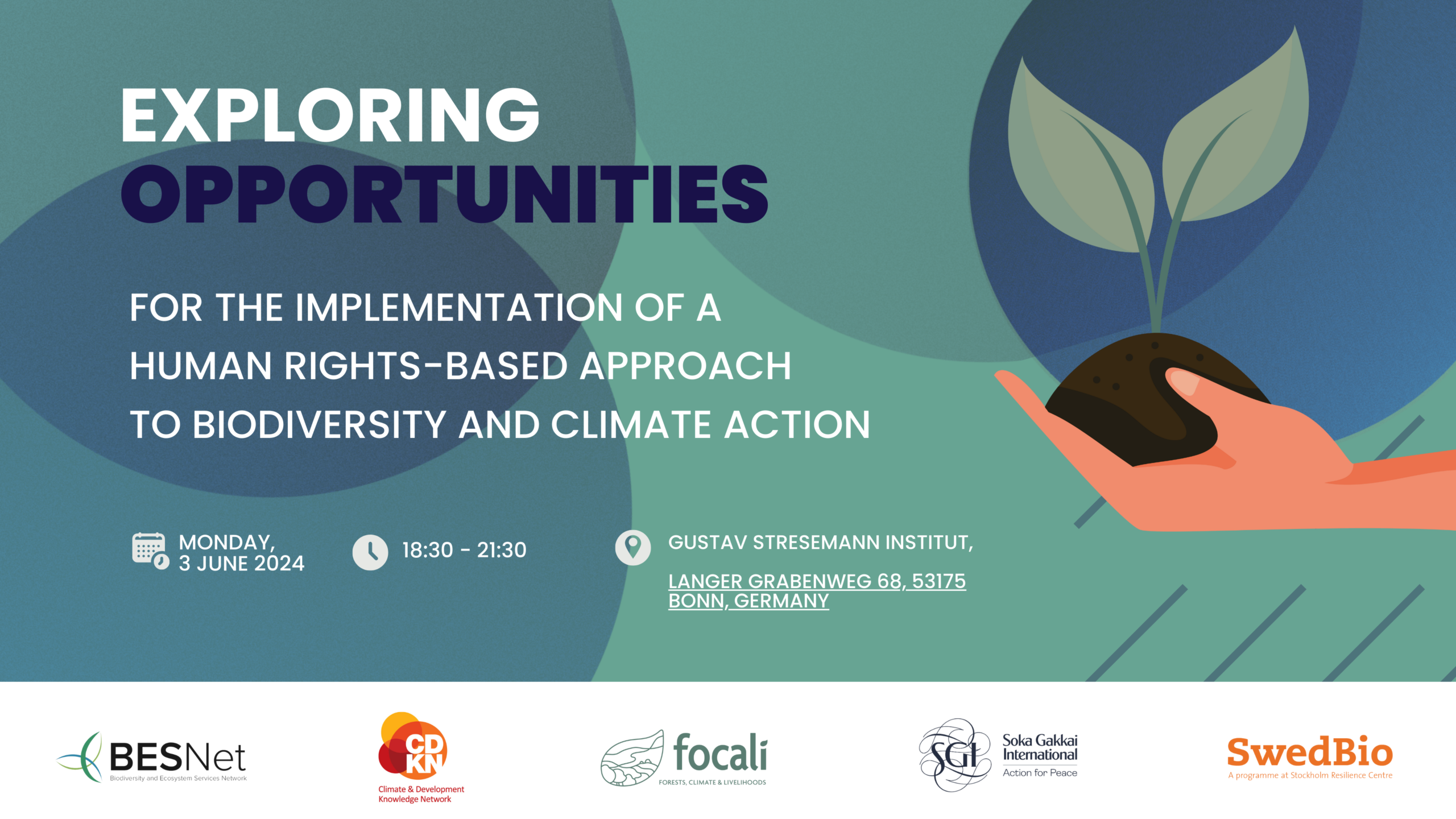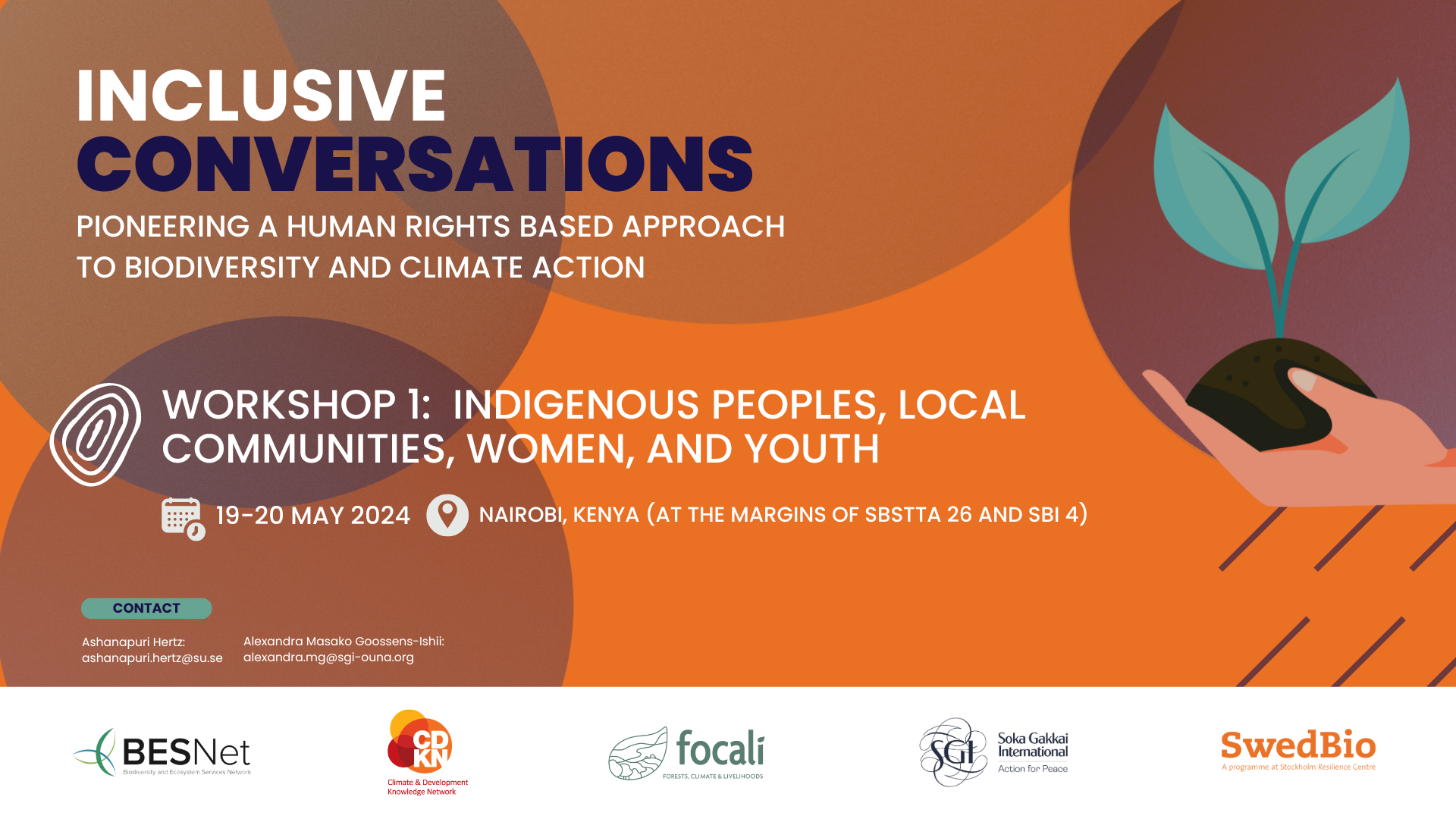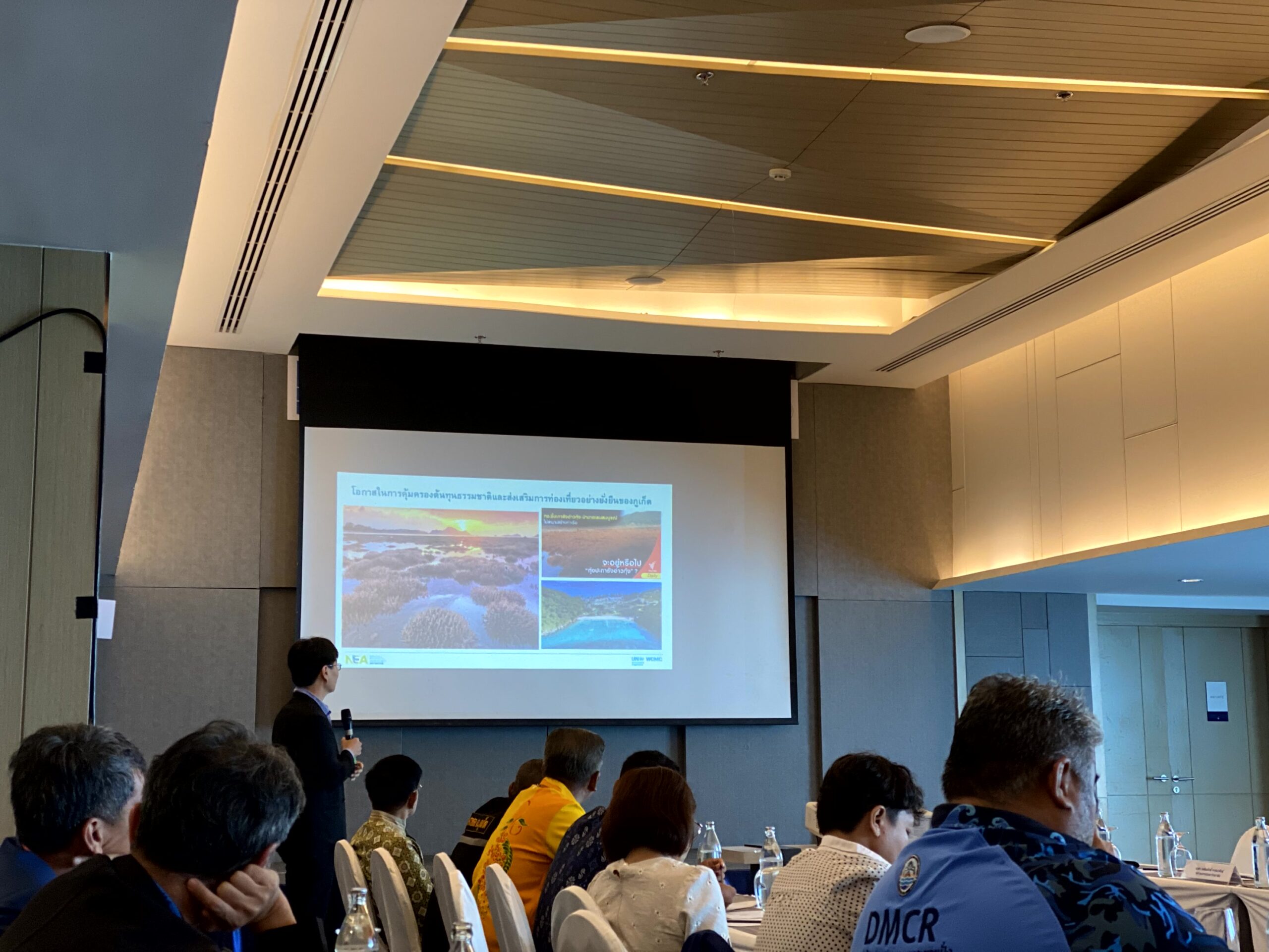The textile value chain is complex and highly international – impacts from policies enacted in one region reverberate across the global value chain. This event will therefore address the role of policymakers in shifting to a sustainable and circular textile value chain. Policymakers should consult with and coordinate key stakeholders to set ambitious and effective sustainability policy that embed the principles of just transition; provide a predictable and clearly enforced policy environment and consider impacts beyond own borders, particularly in low and middle income supplier countries. New business models should be designed and supported to avoid replicating the same environmental, social, and regional impacts that linear business models created, with policymaking playing a key role to help industry leapfrog.
The session will bring together governments and industry representatives from different regions to discuss the impact of emerging policies and strategies on the global value chain, as well as opportunities for more systematic policy coordination and engagement between policy makers and voluntary textile industry initiatives.
UNEP will present the key actions and priorities for policymakers from its report Sustainability and Circularity in the Textile Value Chain: A global roadmap, as well as findings of the EU-funded project: Innovative Business Practices and Economic Models in the Textile Value Chain (InTex), in particular on eco-innovation-enabling policies from Kenya, South Africa and Tunisia. The Federal Ministry for Economic Cooperation and Development (BMZ) will share initial lessons learned from its work with policy makers and circular pilot projects in Asia, as well as from partnerships with businesses and stakeholders in Germany. Finally, examples of sustainable textile policies will be highlighted and their implications discussed, including concrete implications at the policy level across the EU and beyond.

